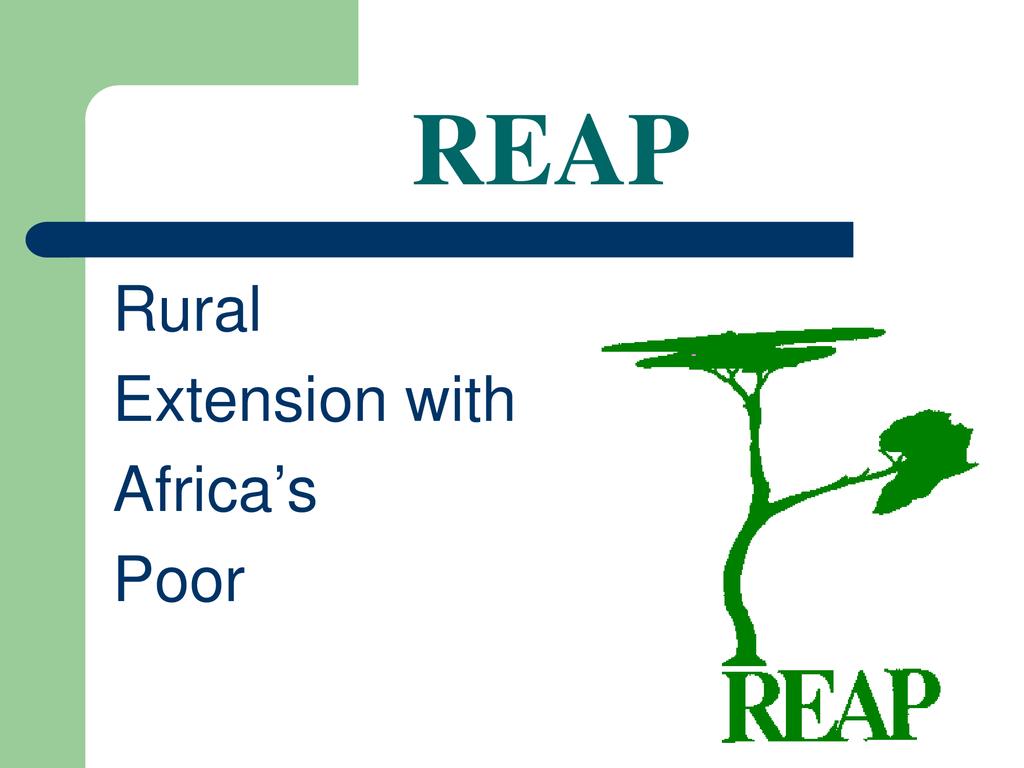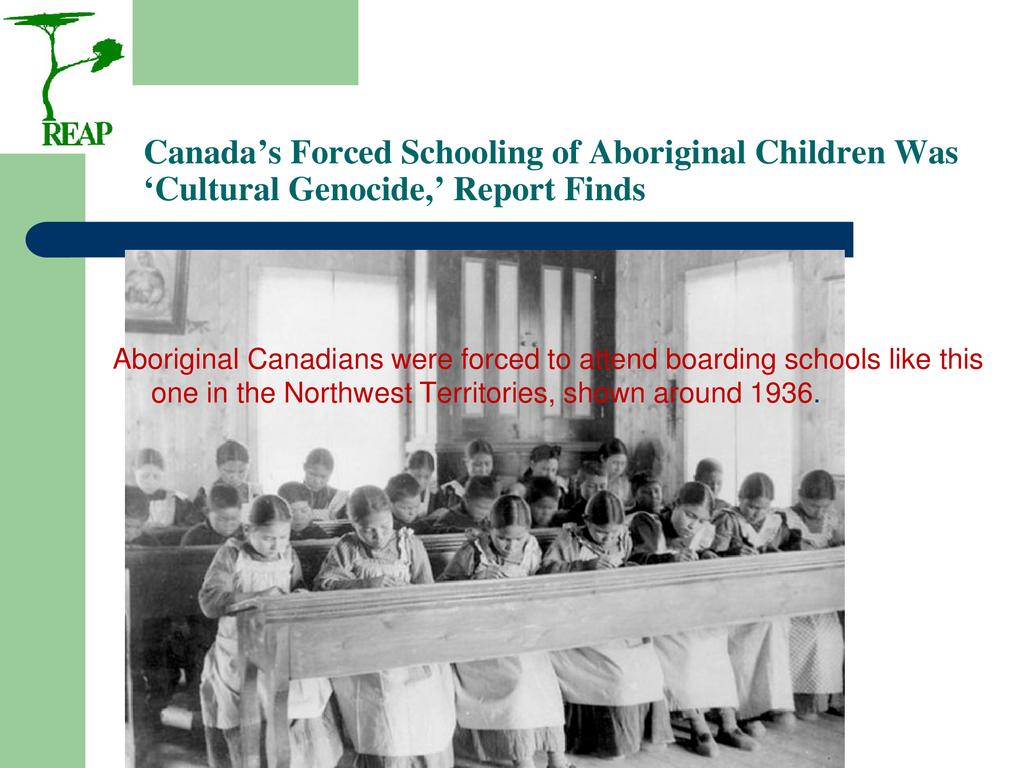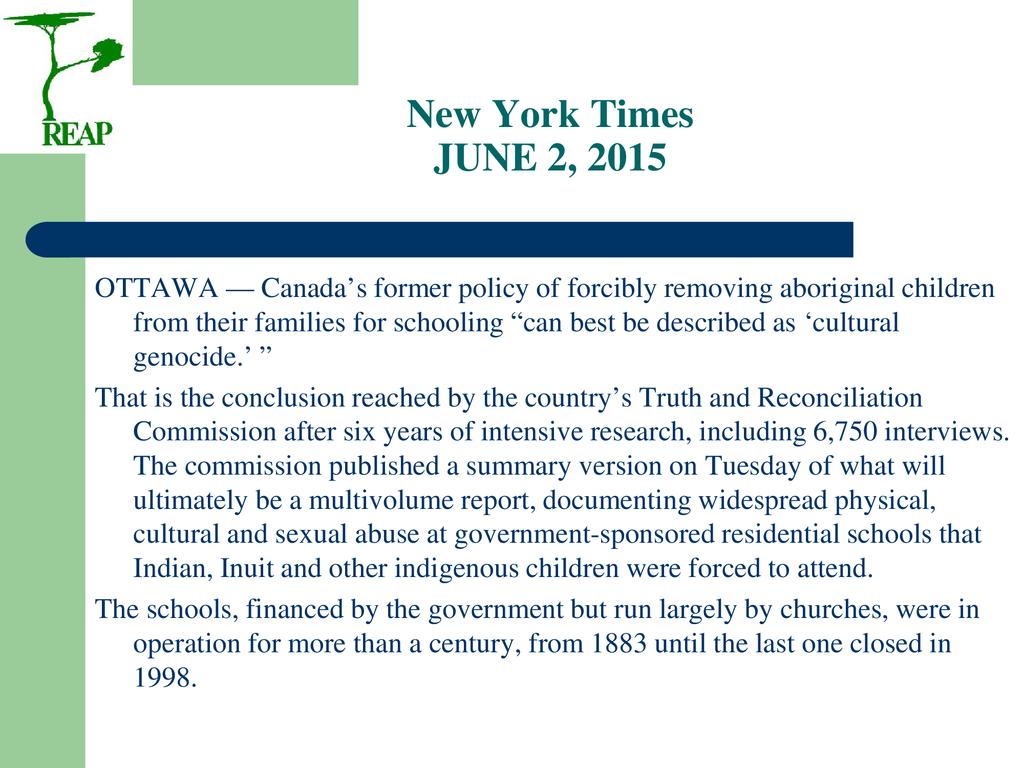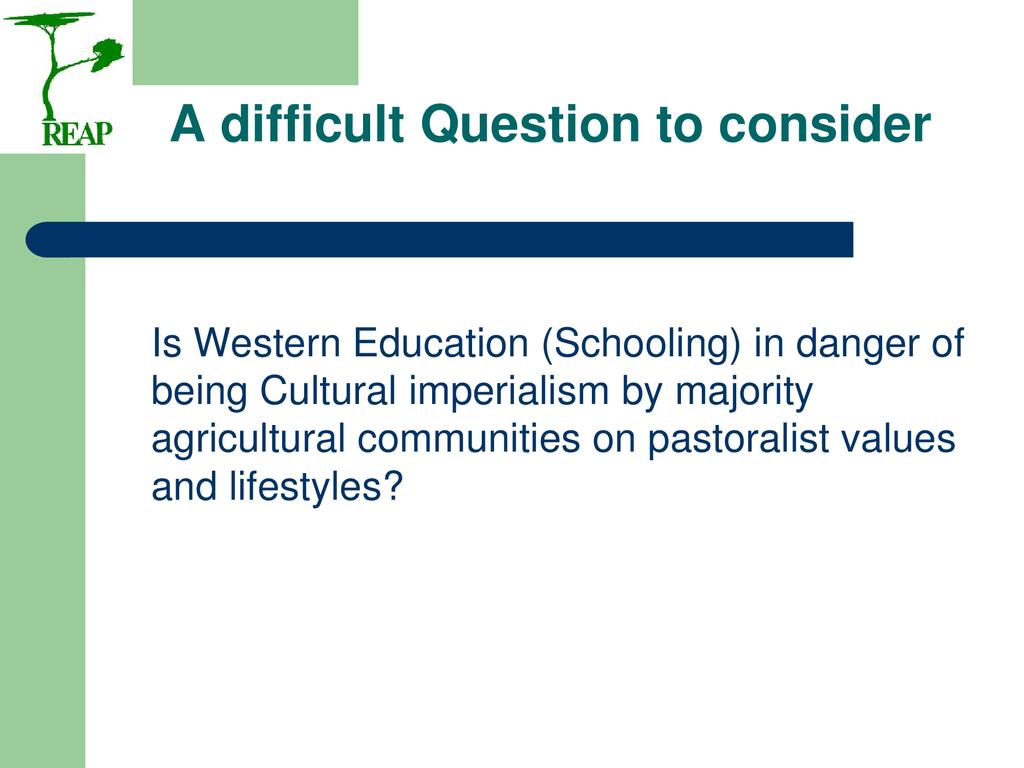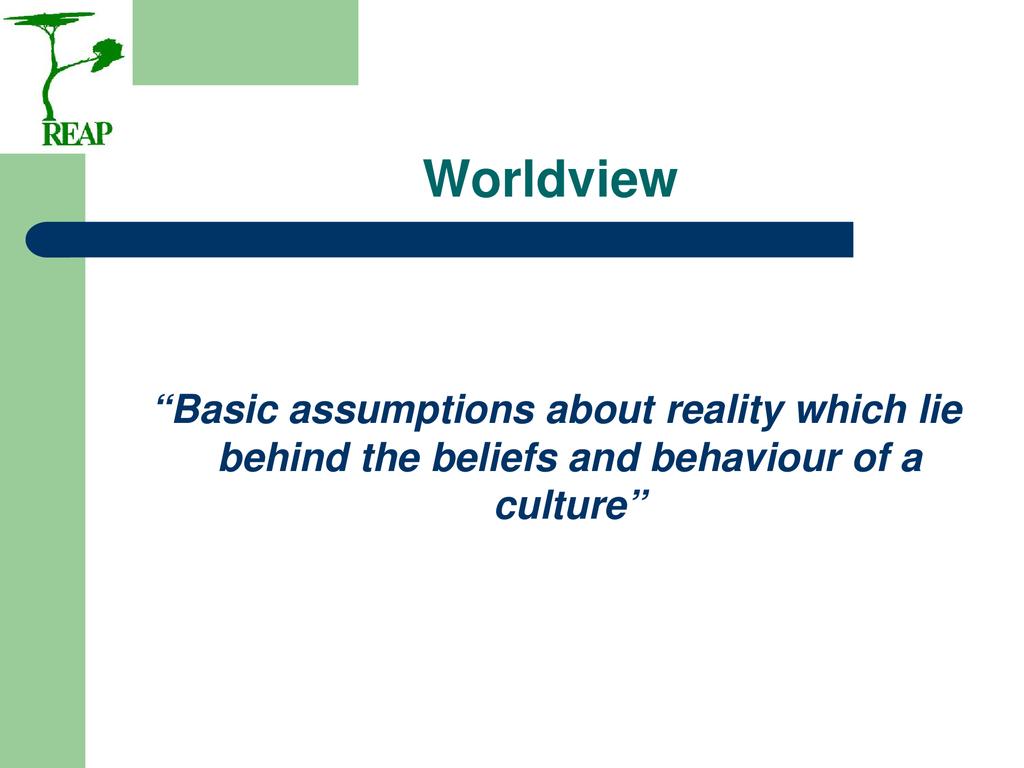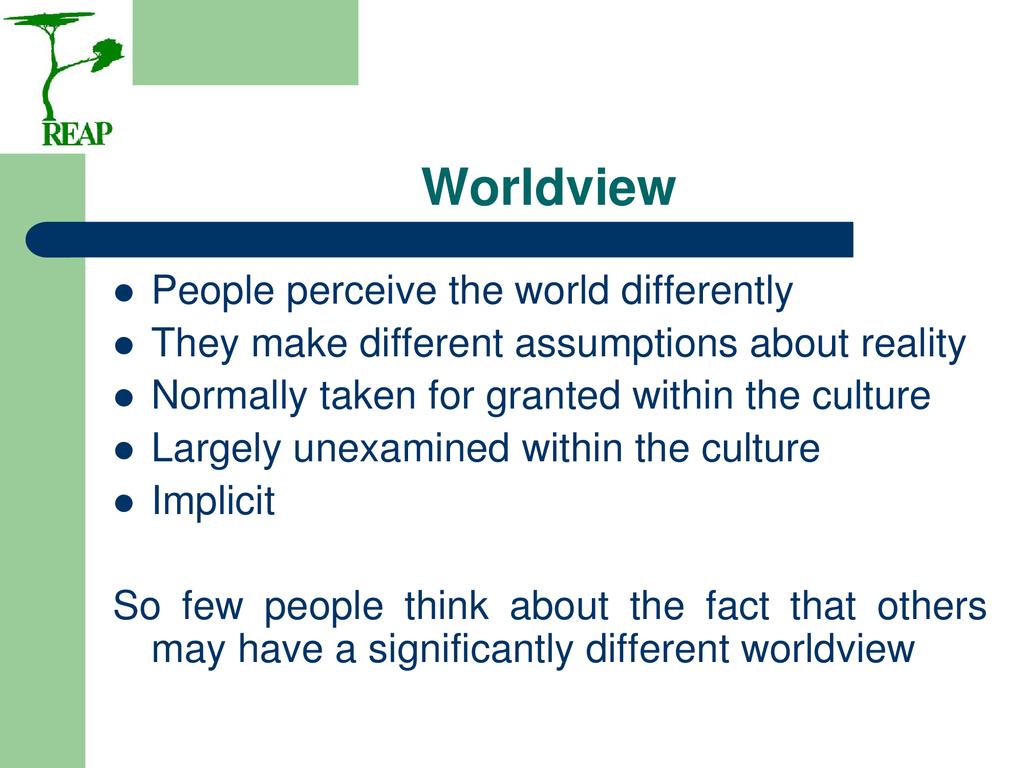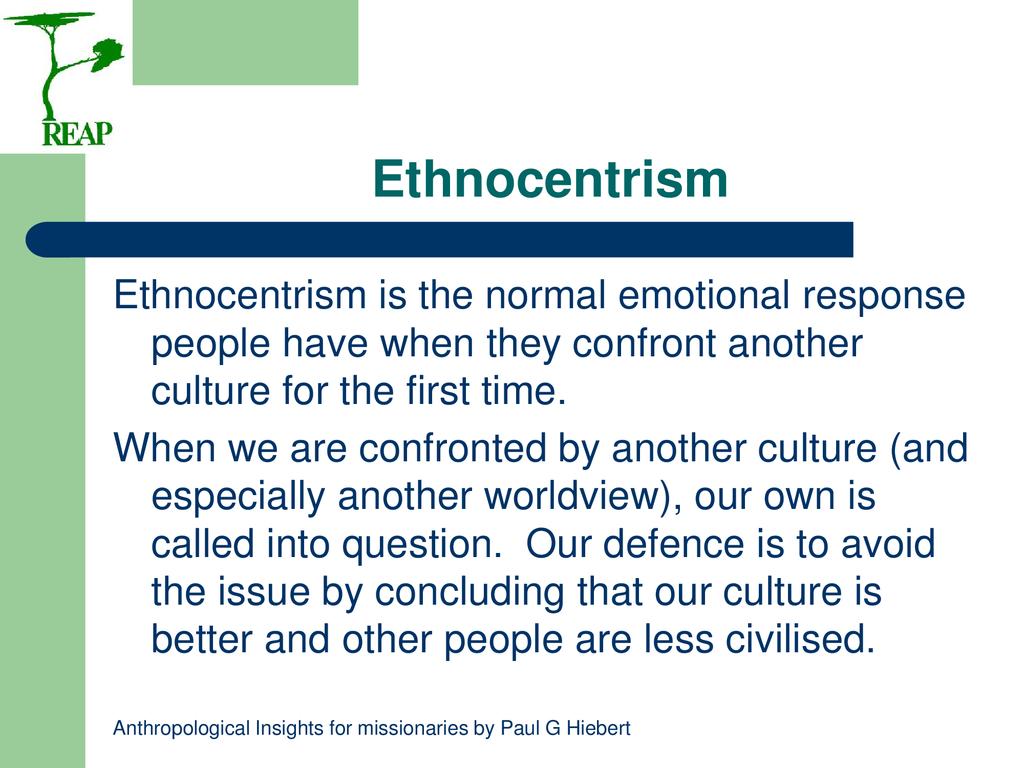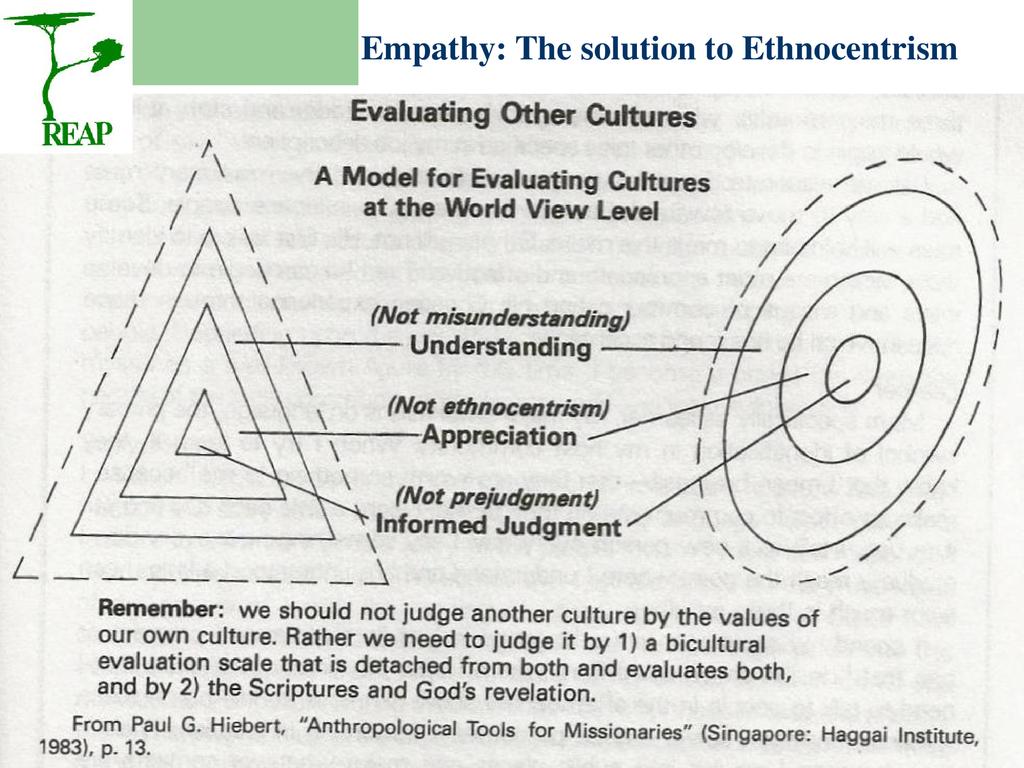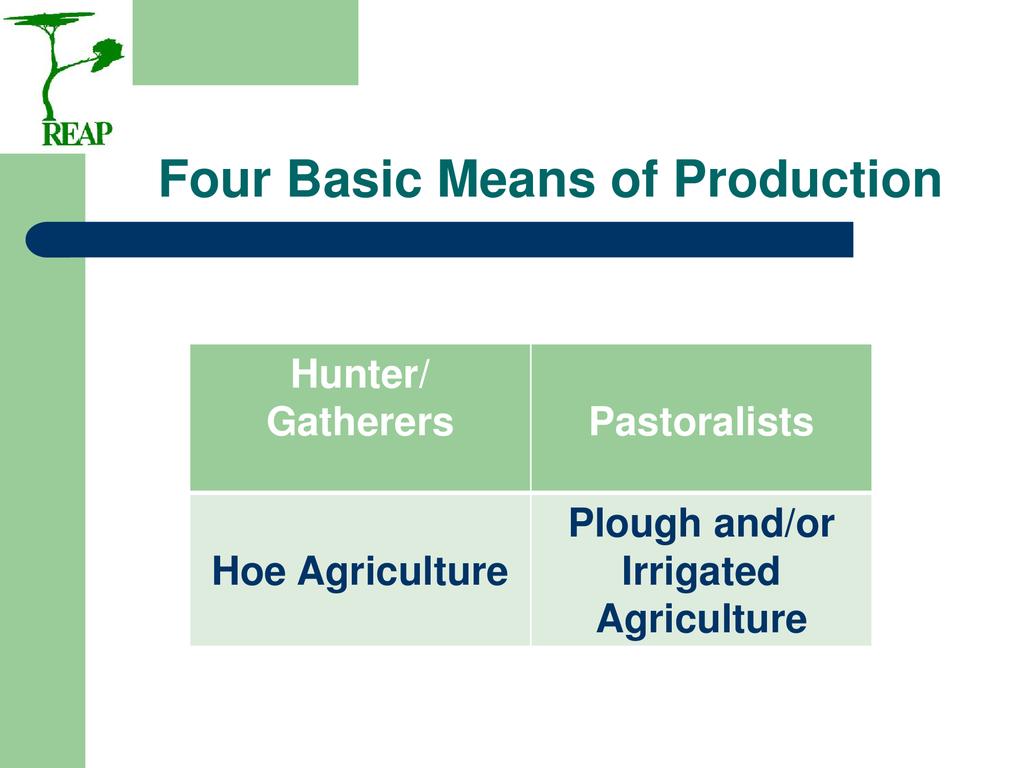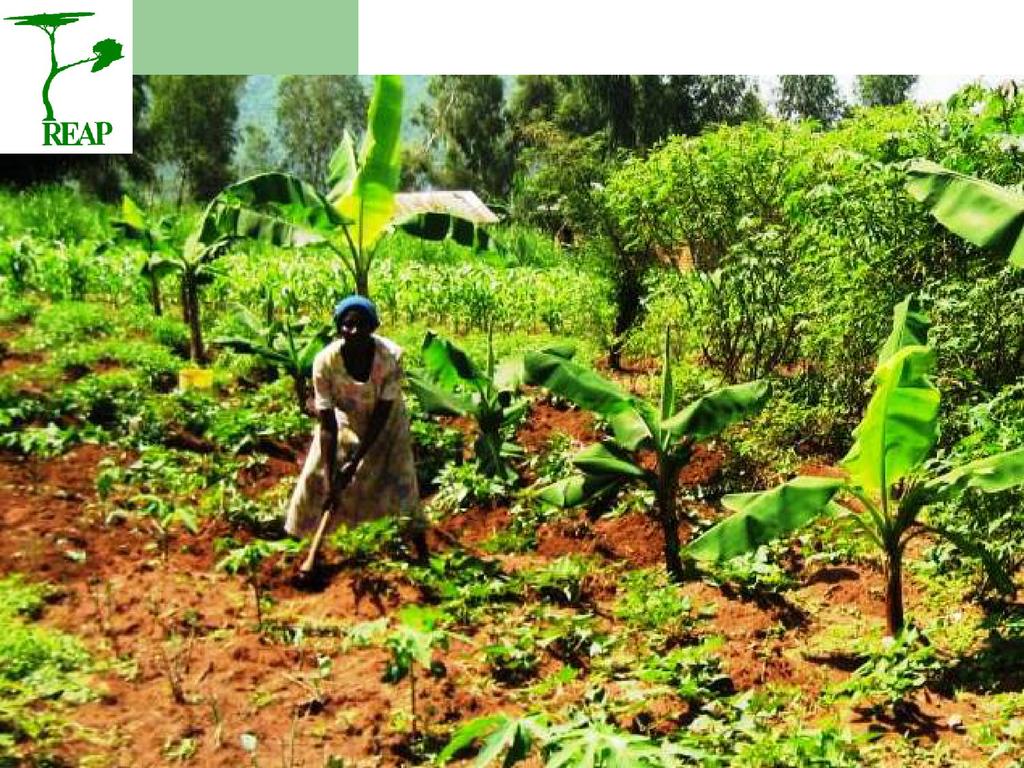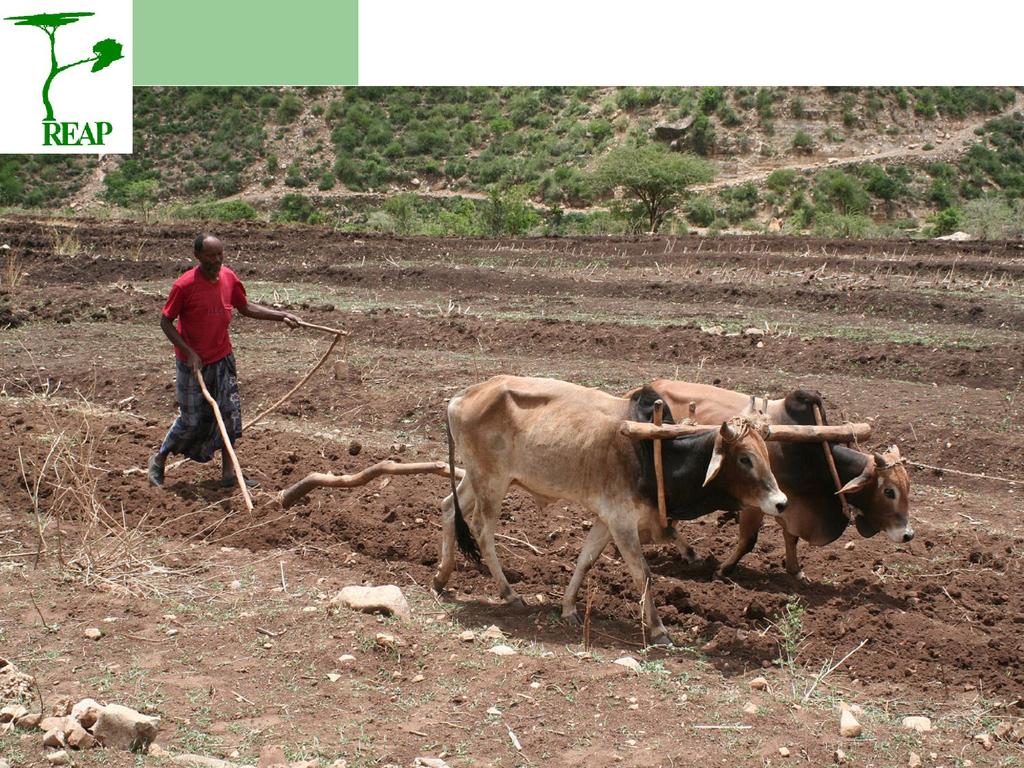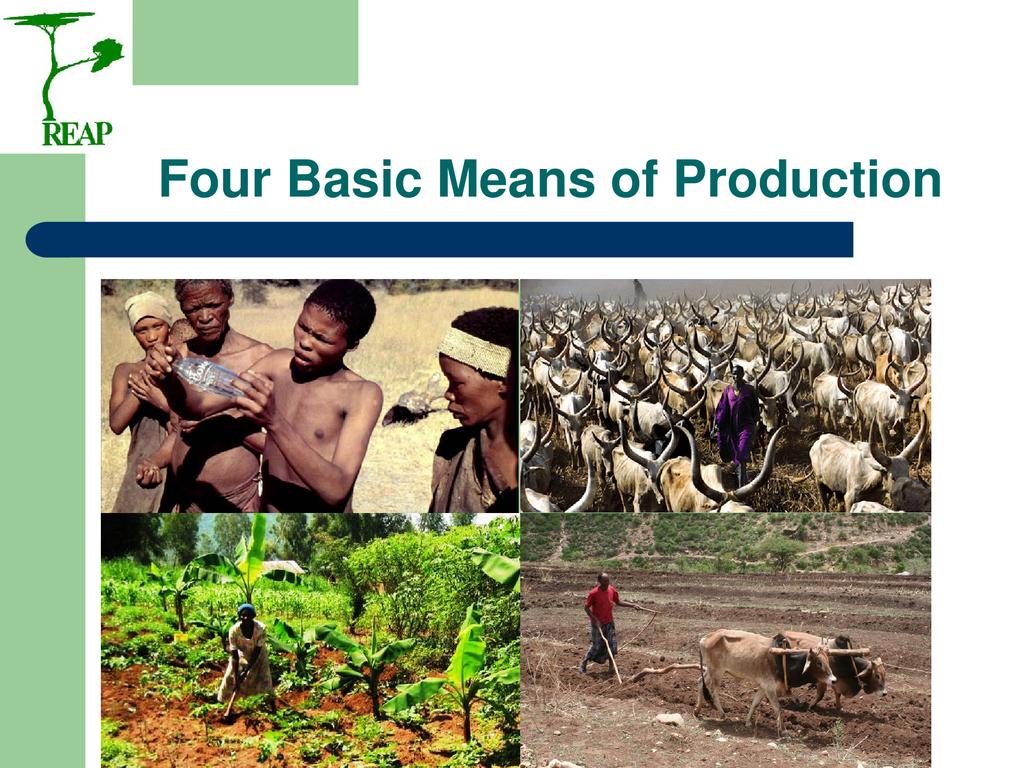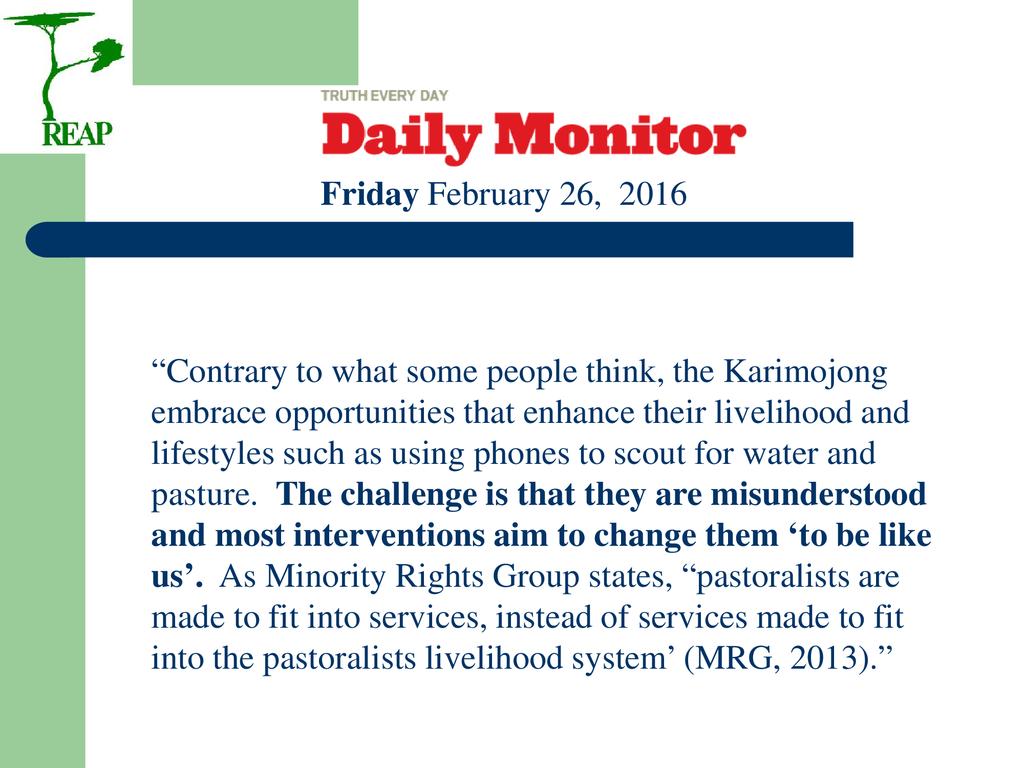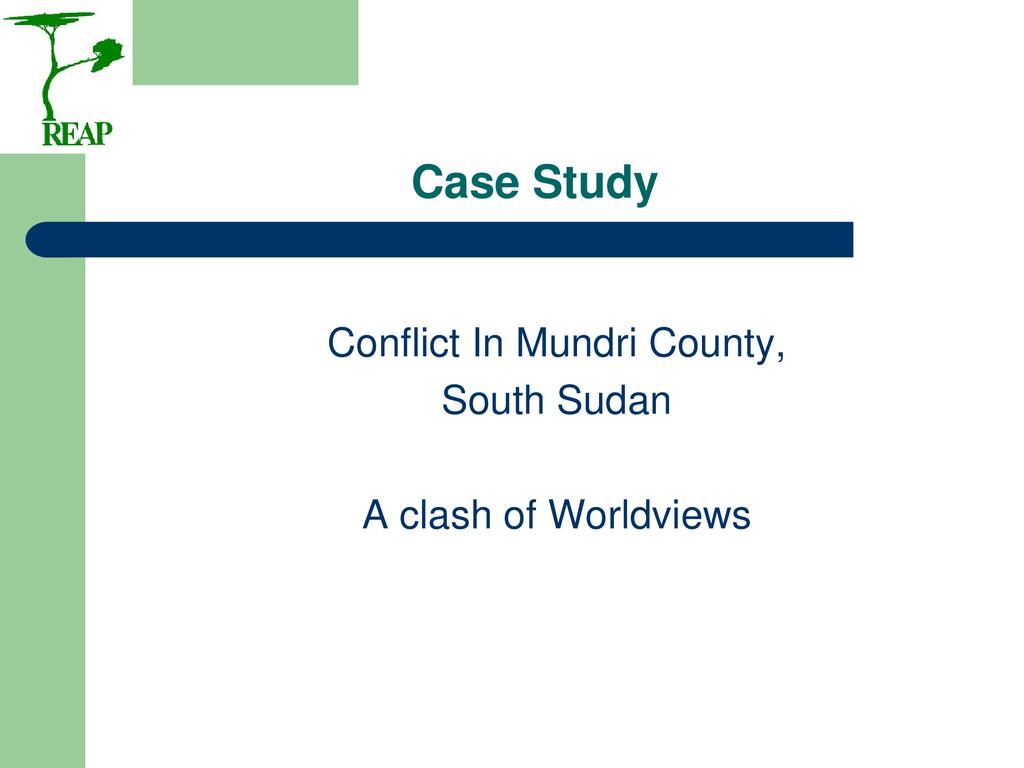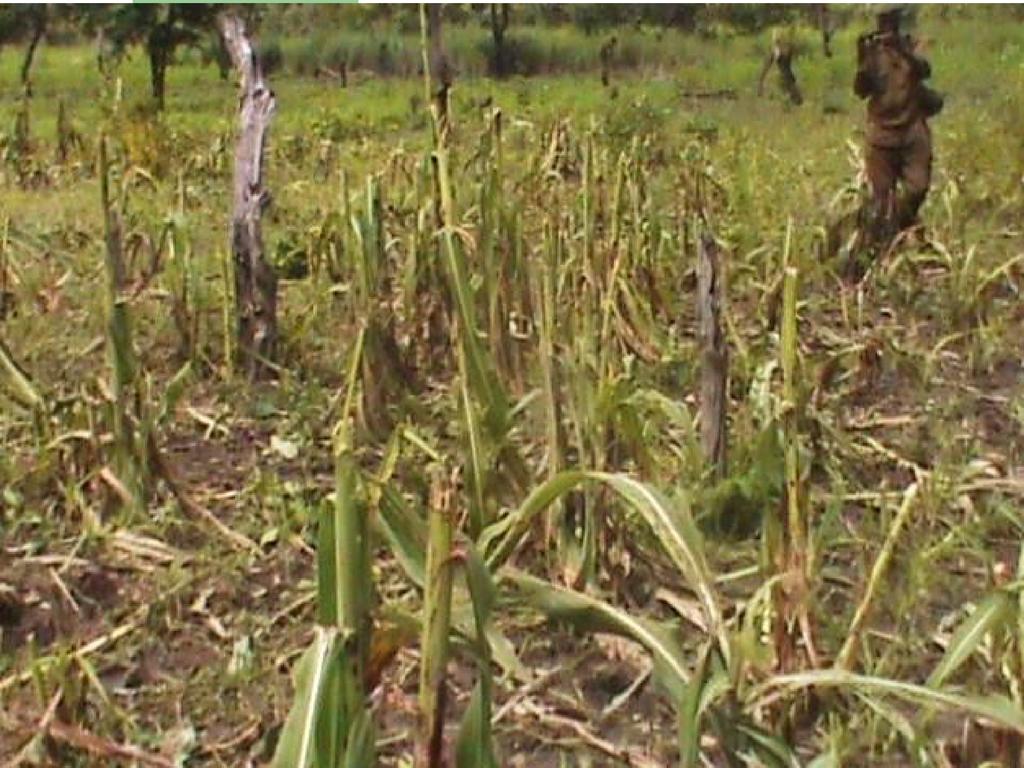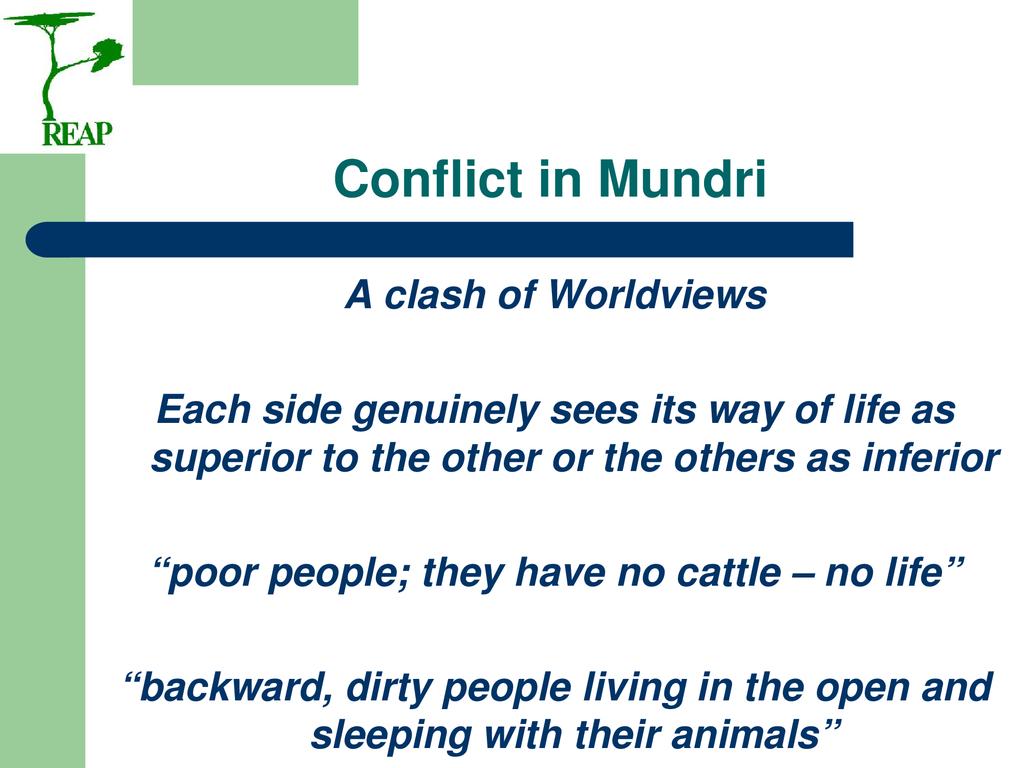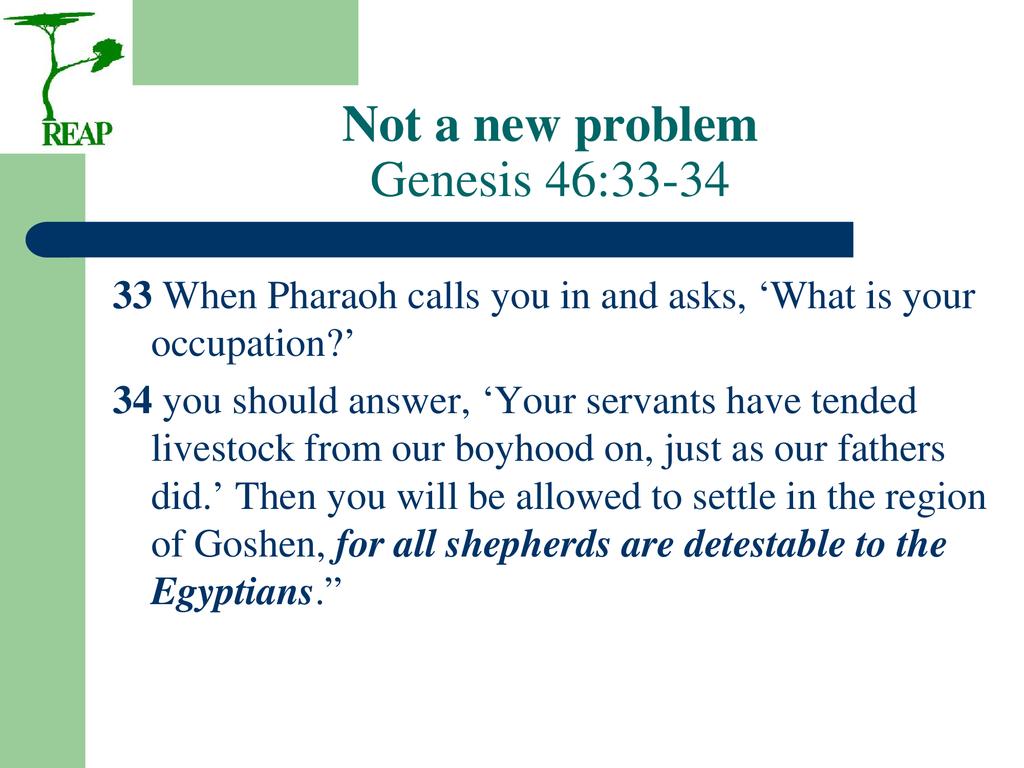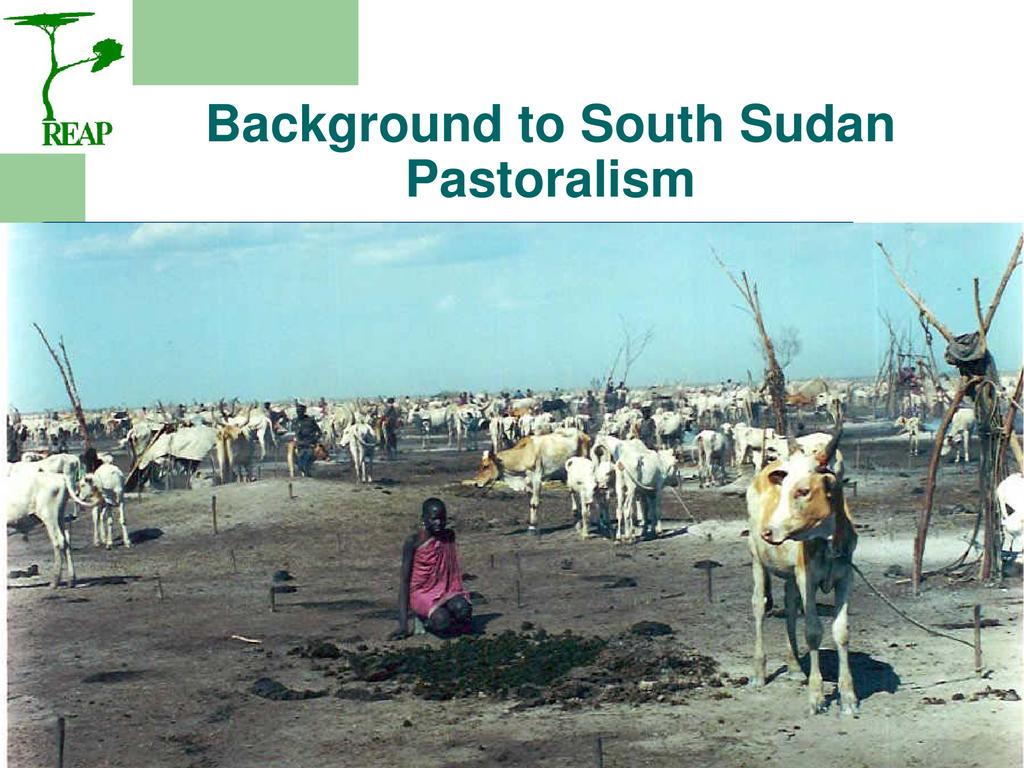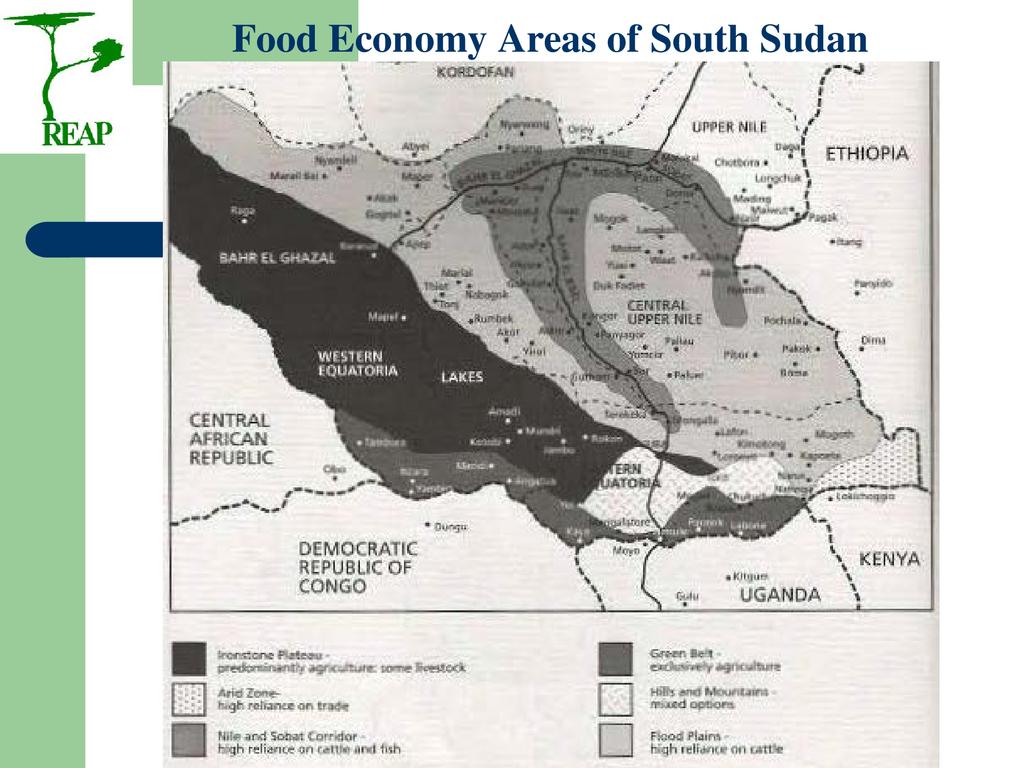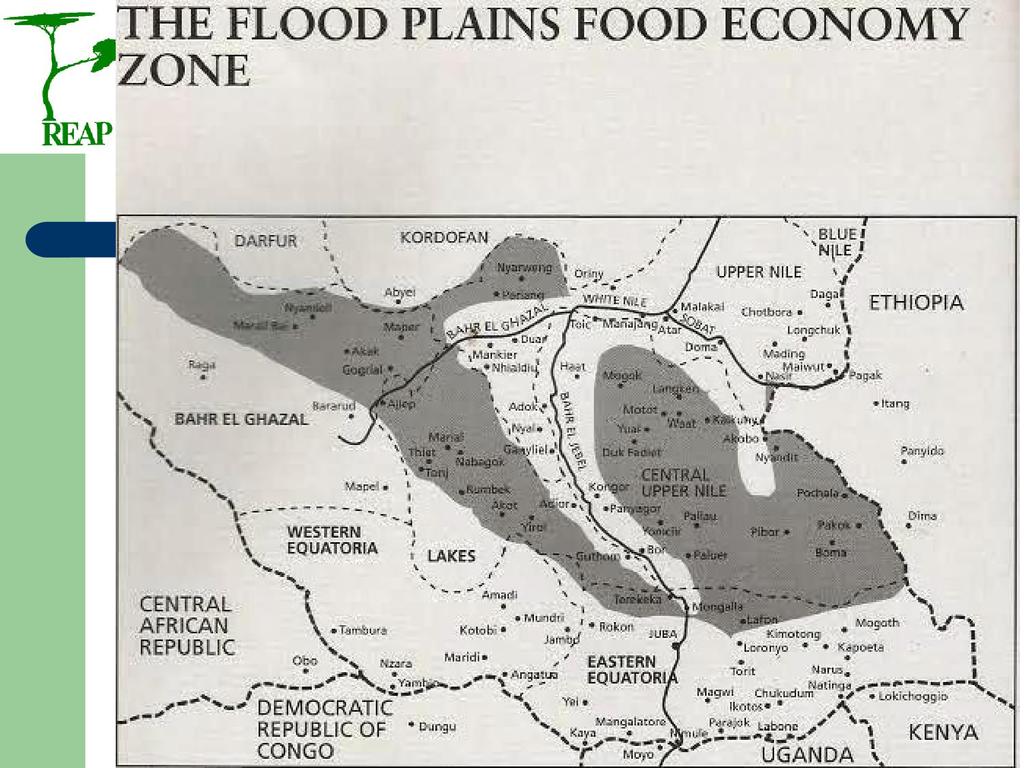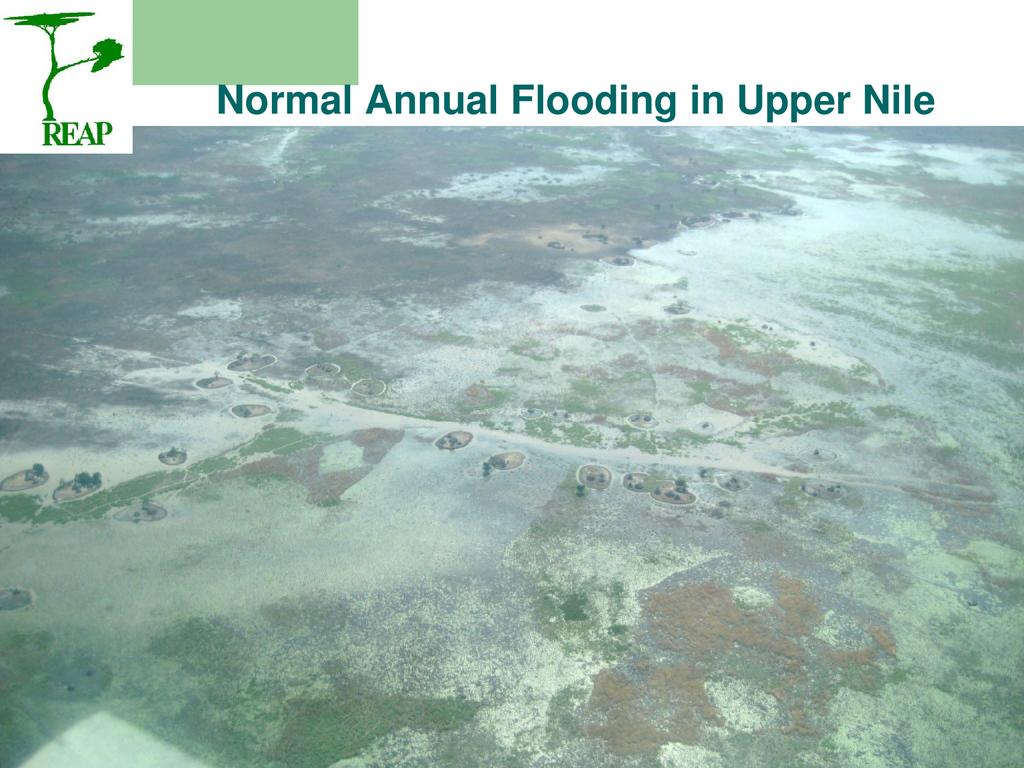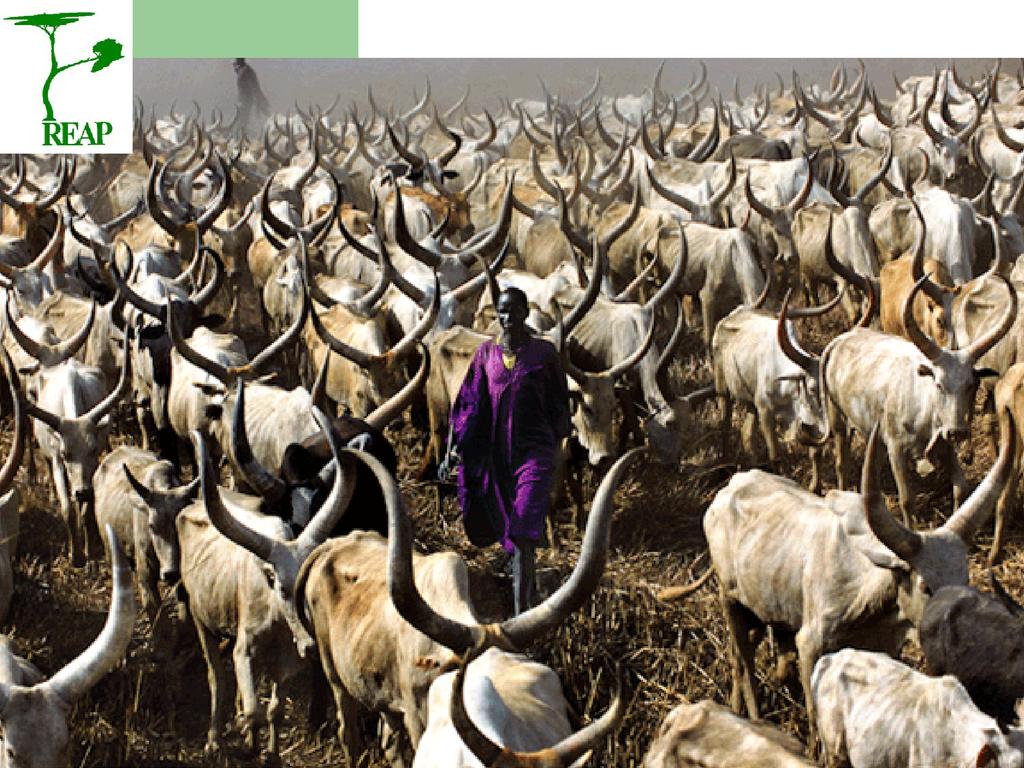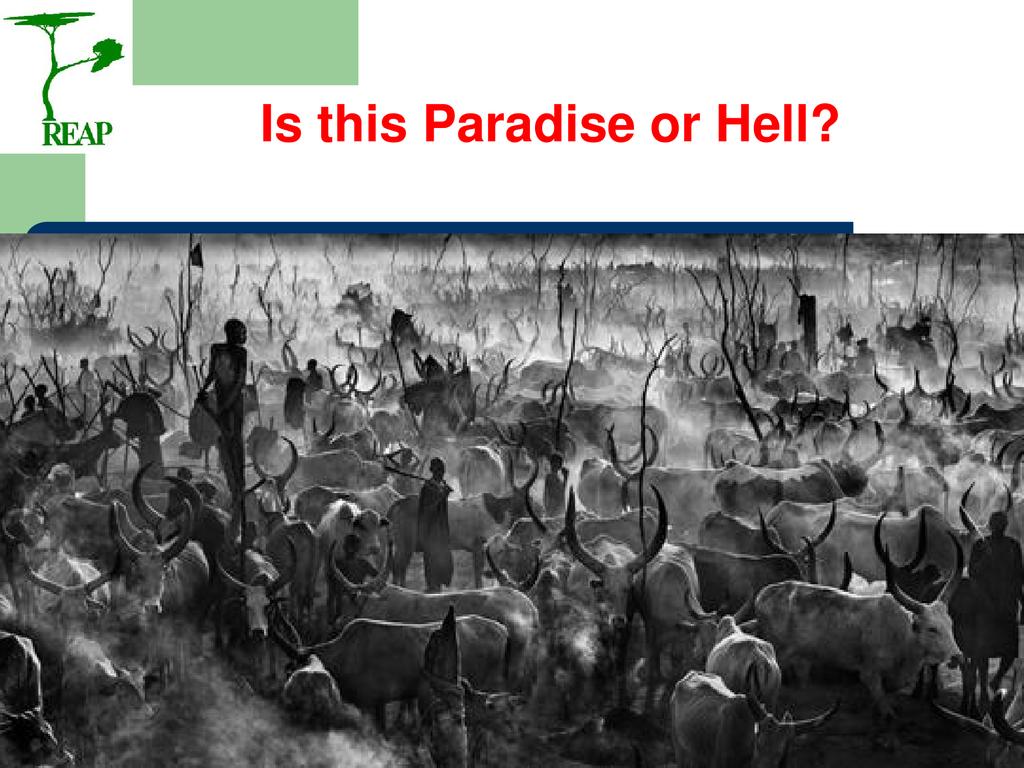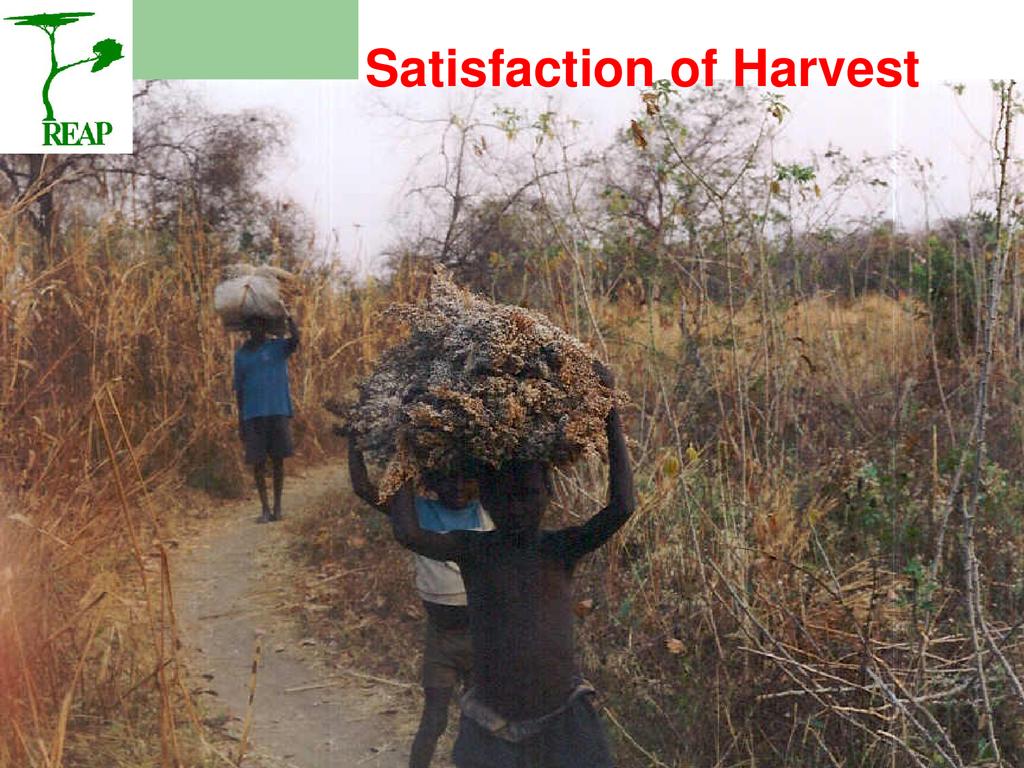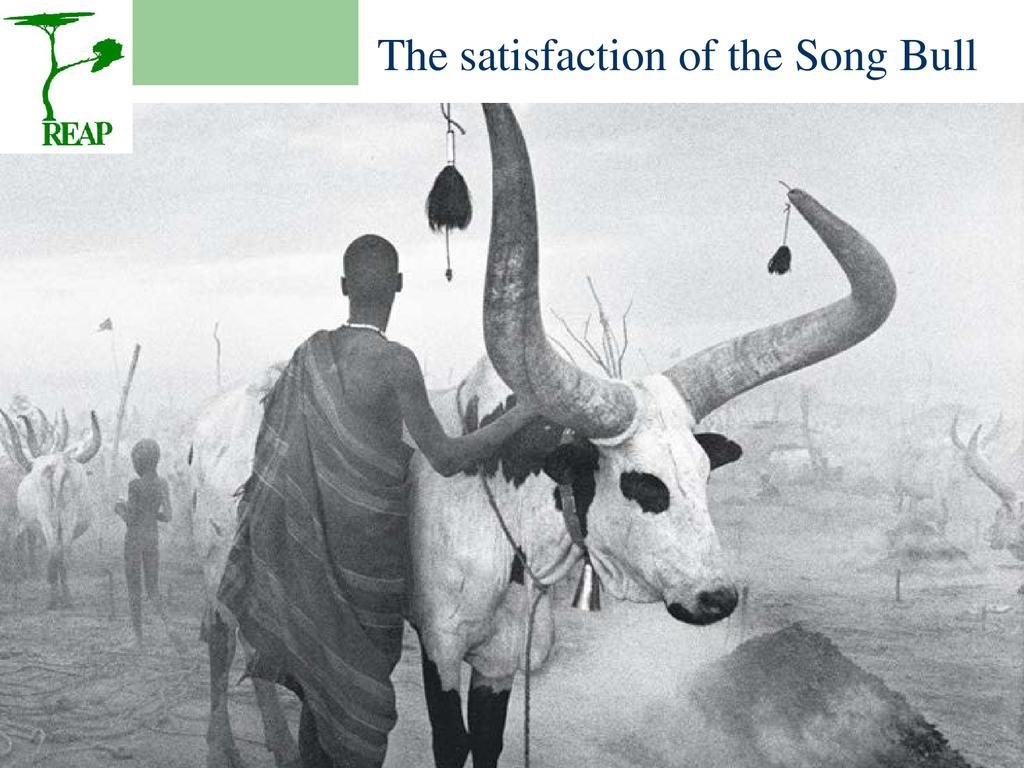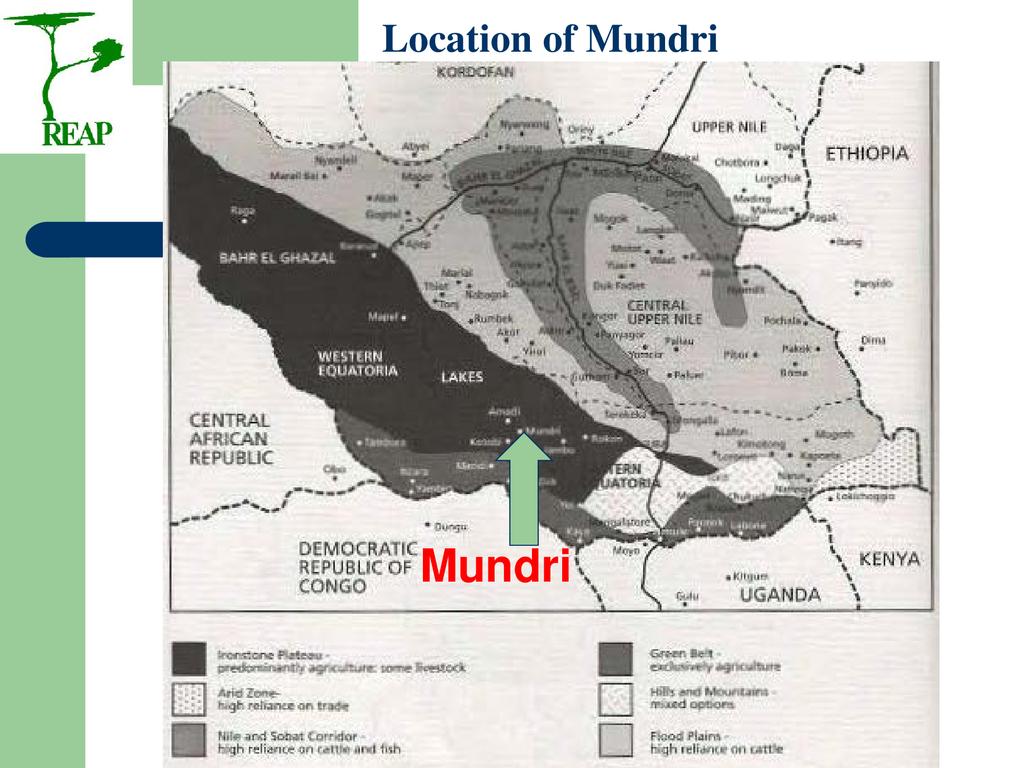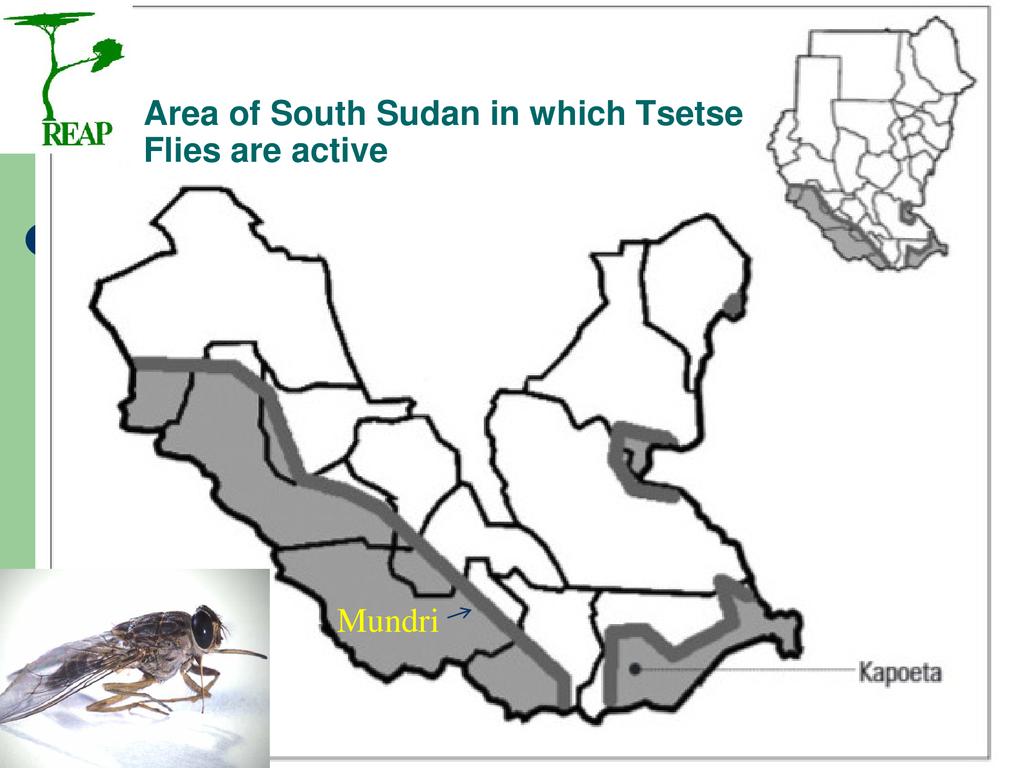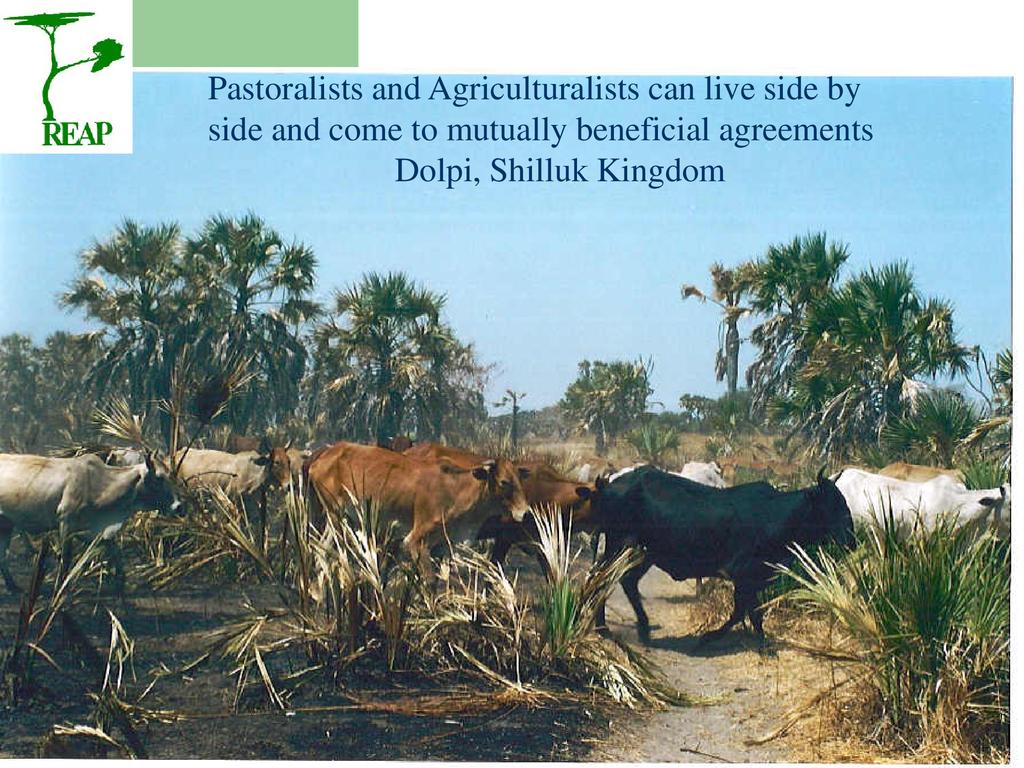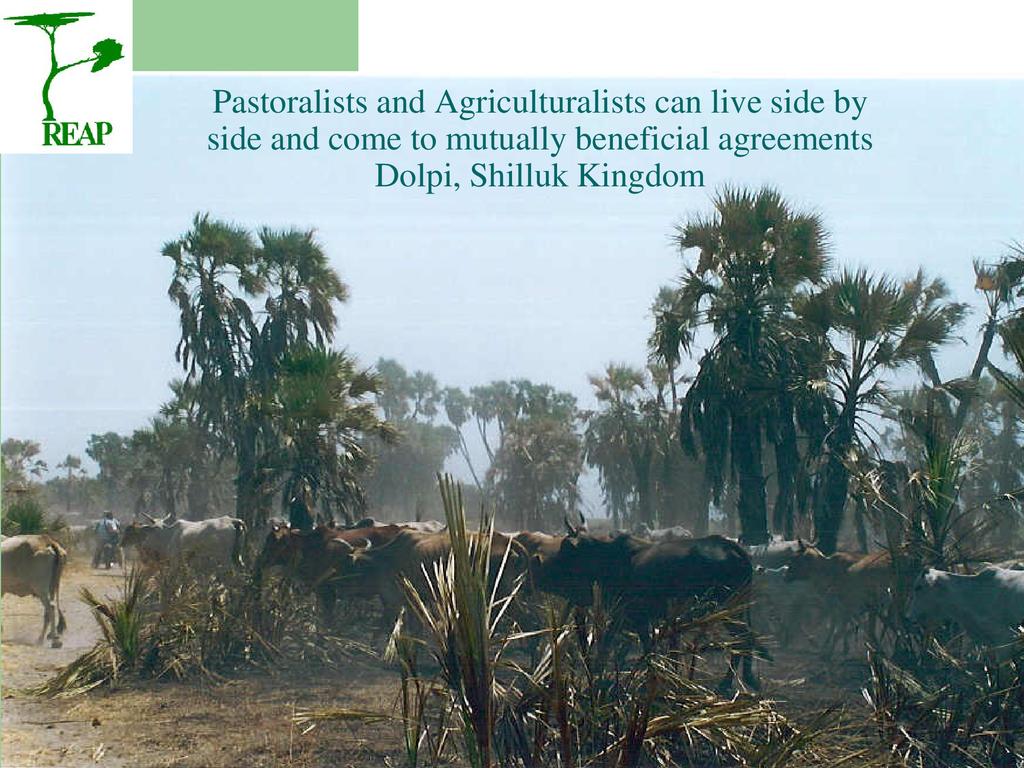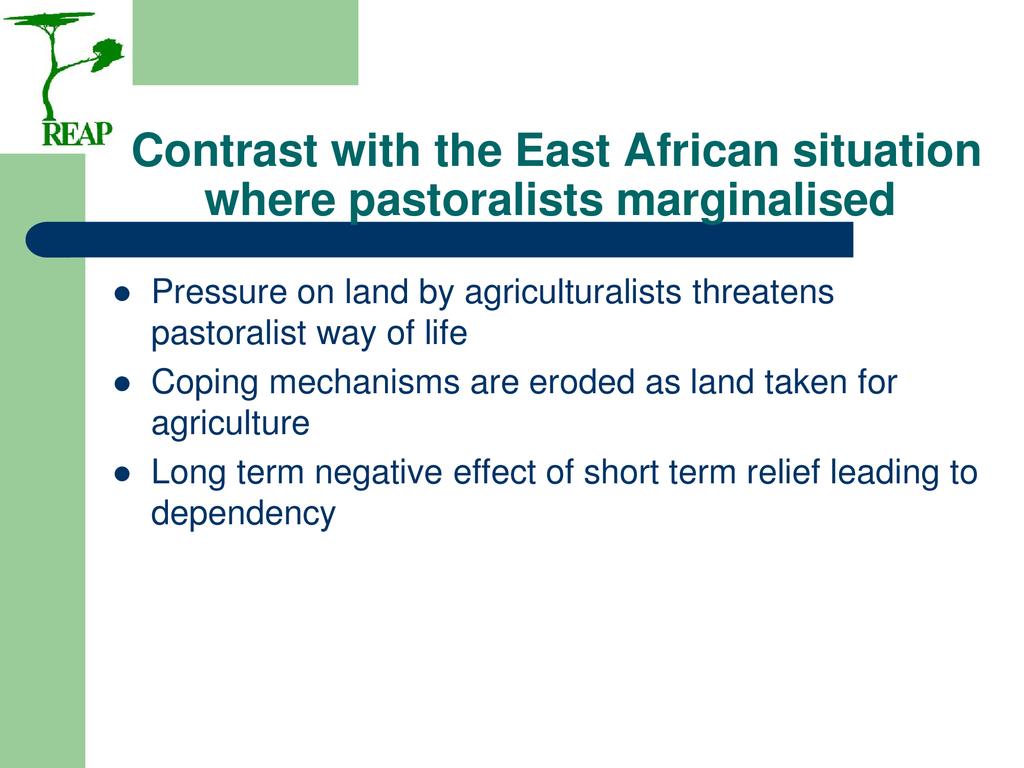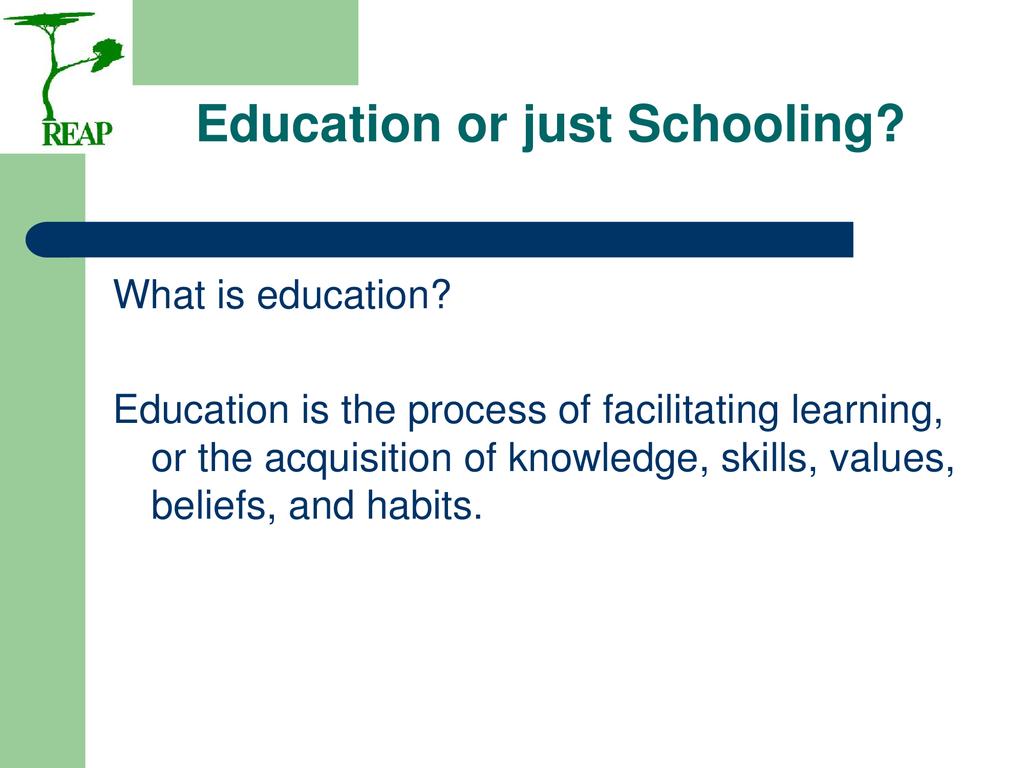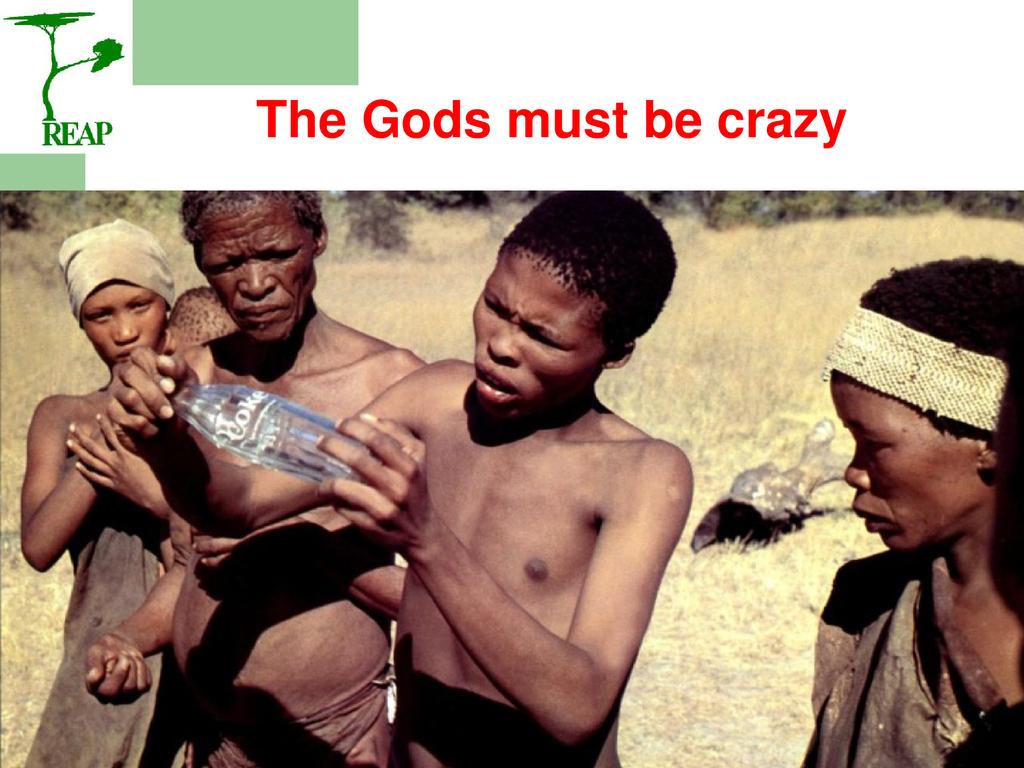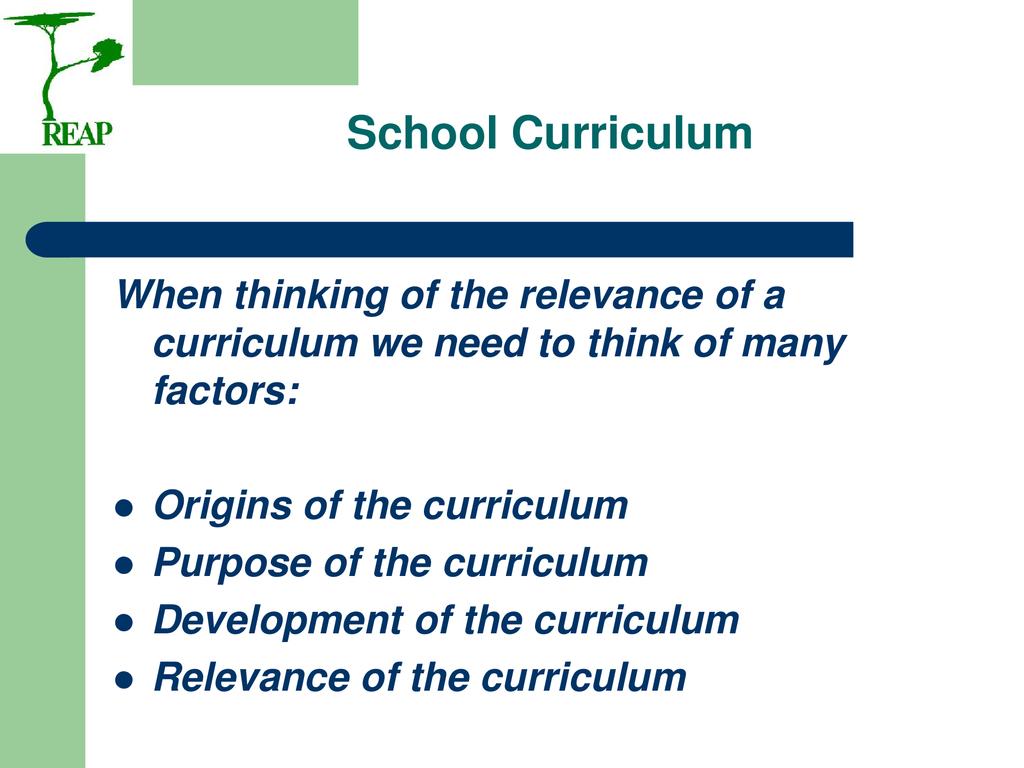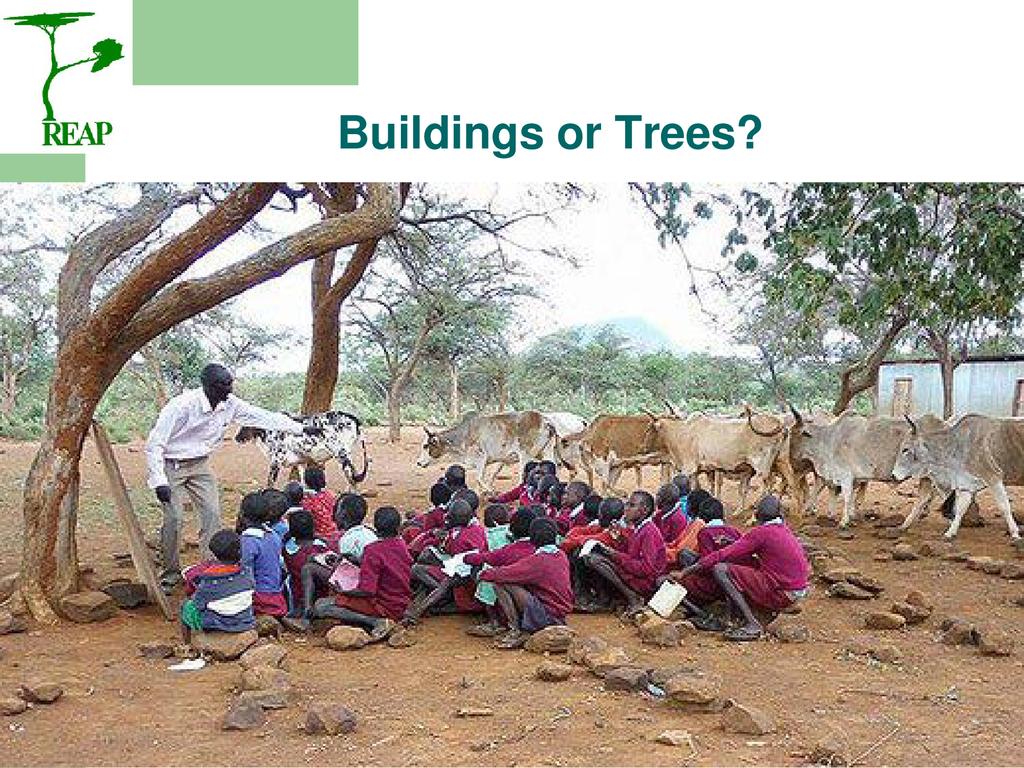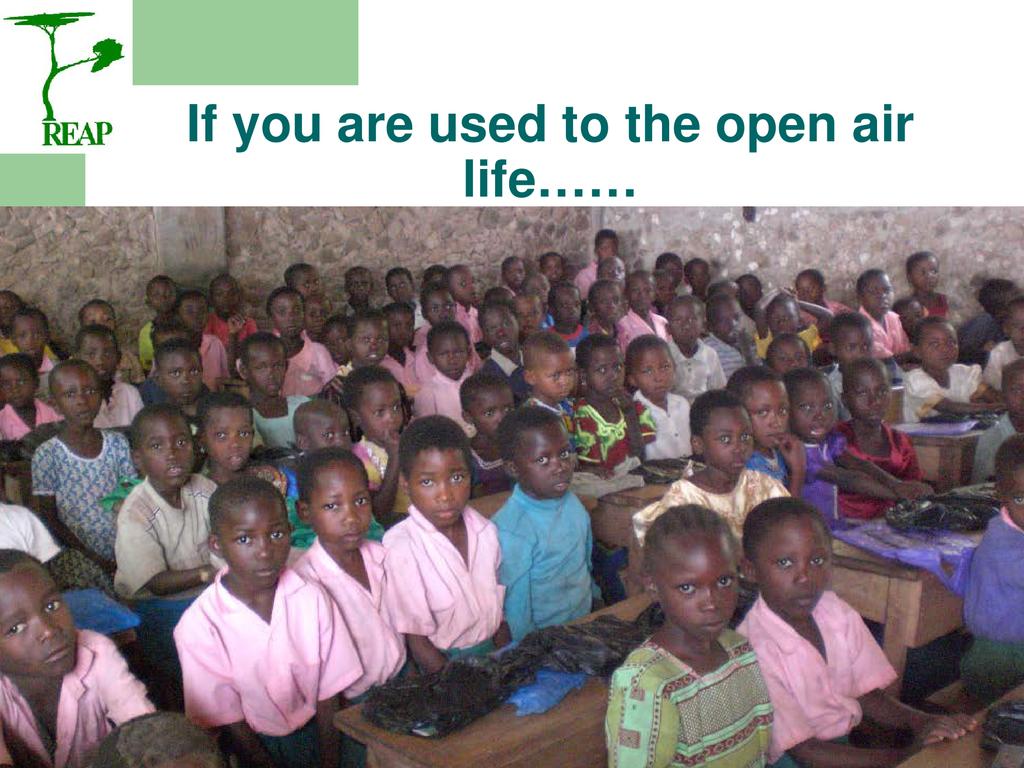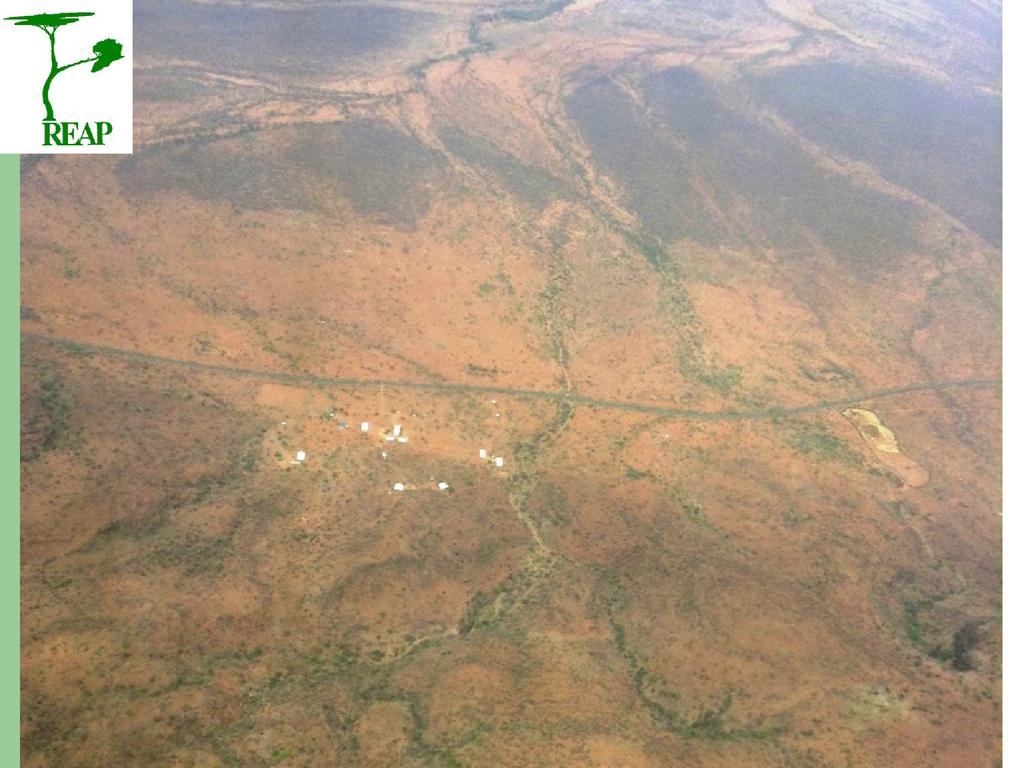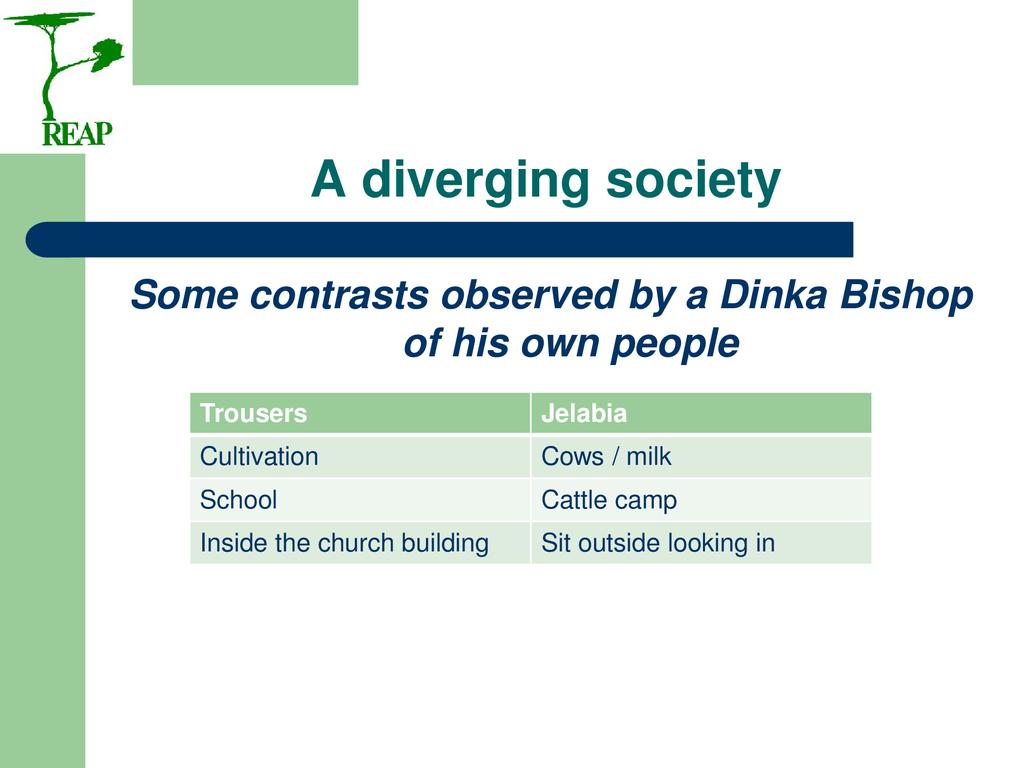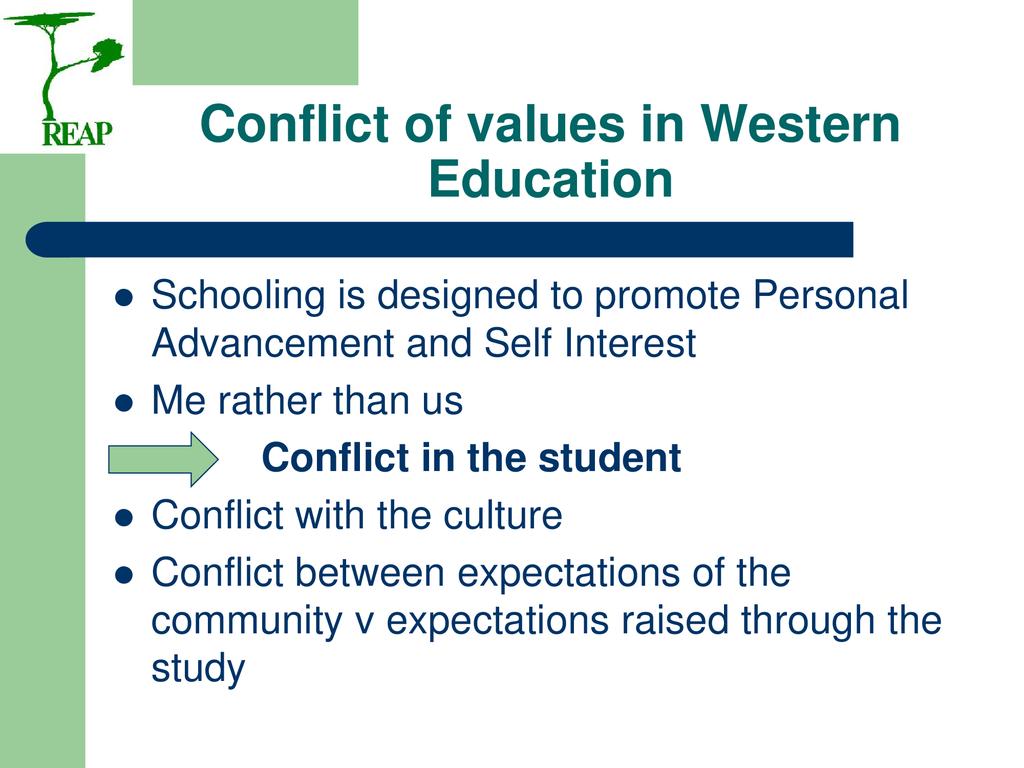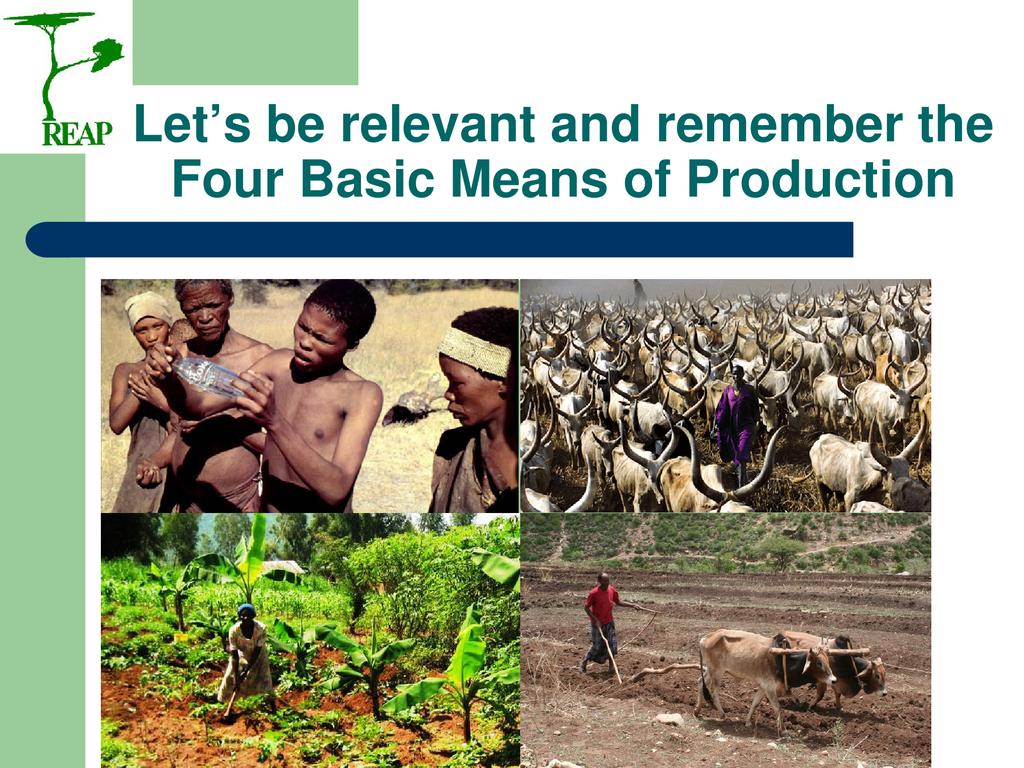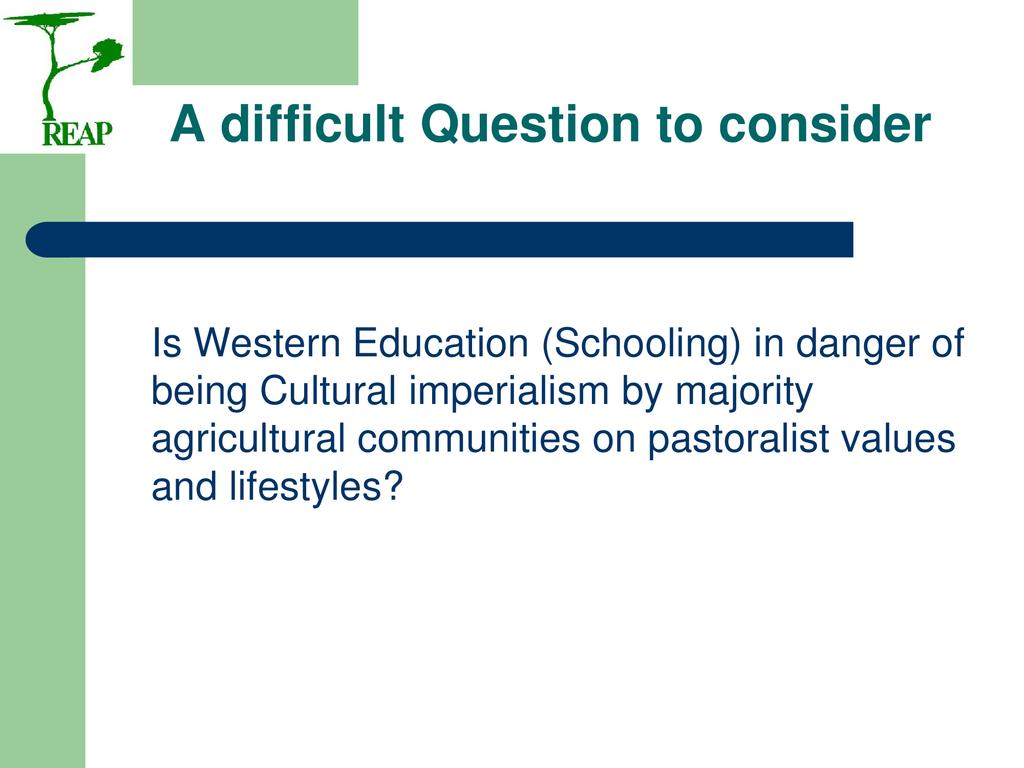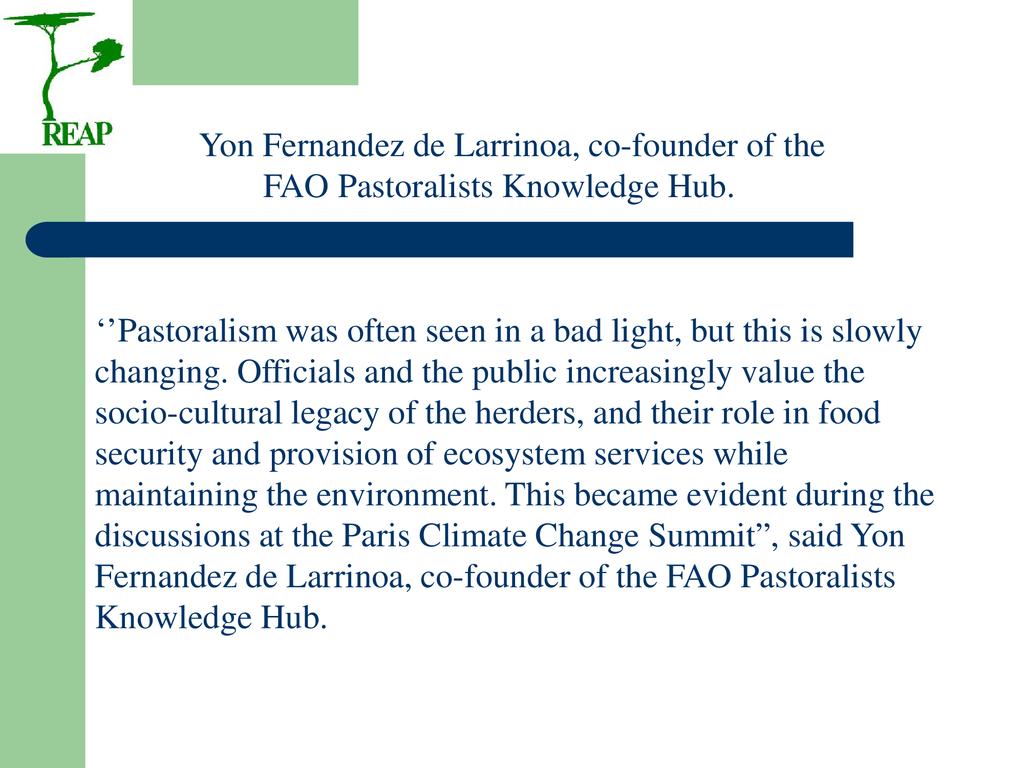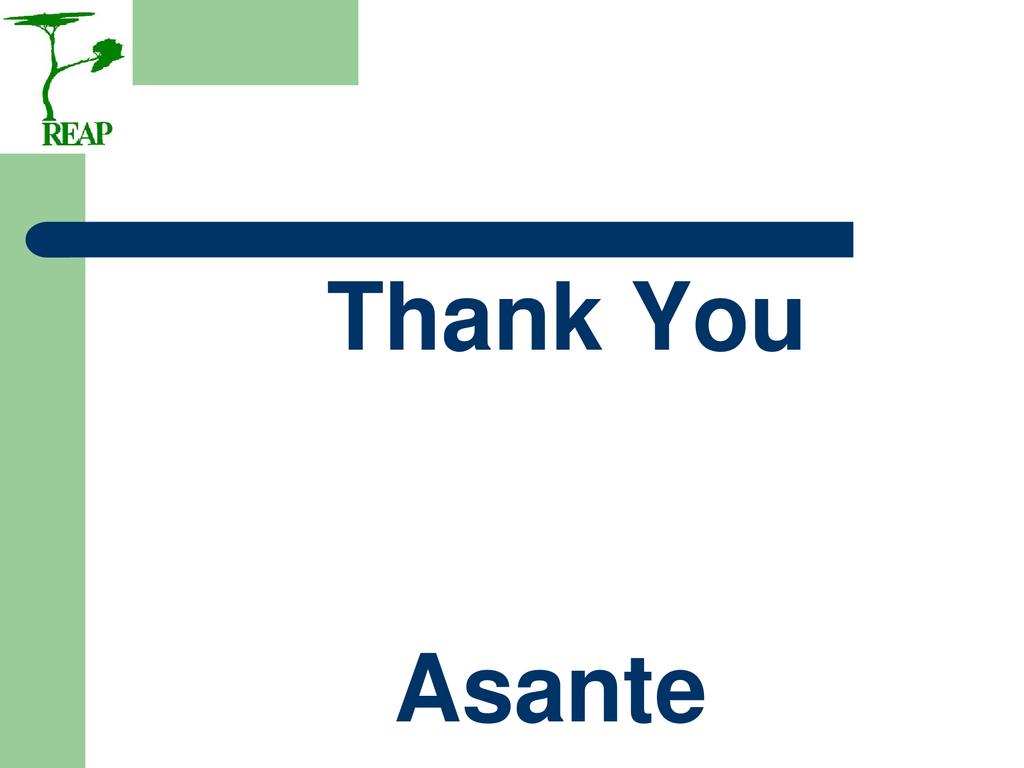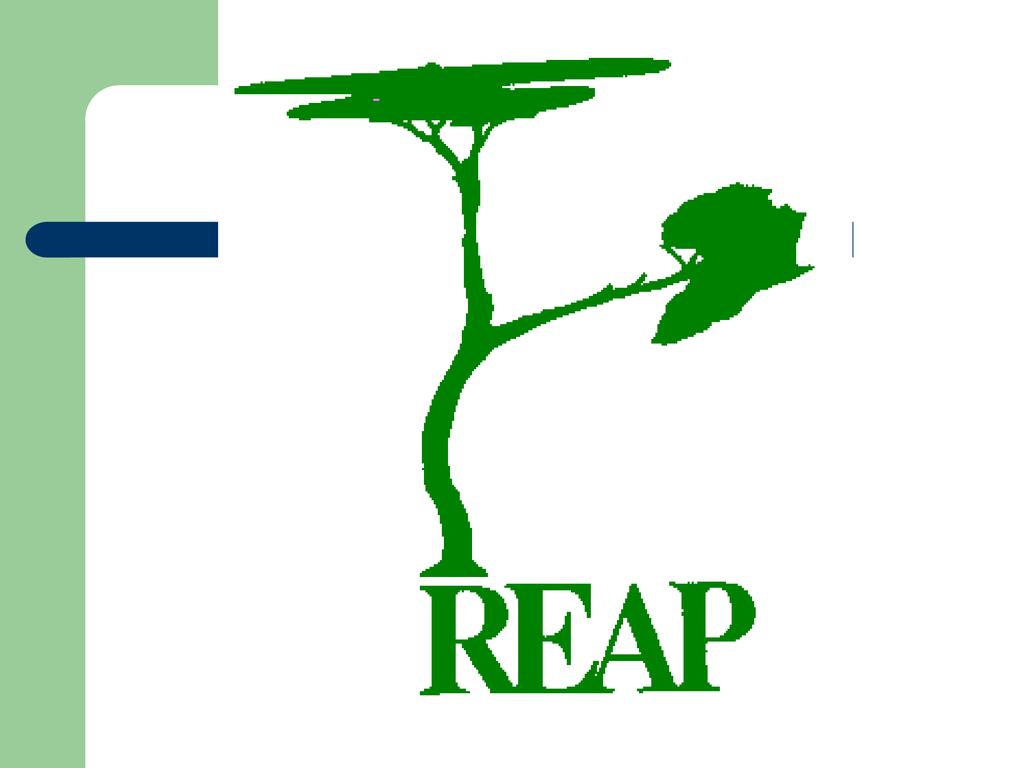The Challenges of Differences of Worldview Between Agricultural & Pastoralist Societies for Sensitive Transformation
Presented By: Roger Sharland
Event: 2nd ECHO East Africa Pastoralist Symposium (03 មិនា 2016)
Session: Western societies used schools, and culturally blind policies to absorb the native American and Australian aborigine populations into mainstream society. Since colonial times until today most governments use schools and district offices to implement policies with agricultural biases with similar consequences in pastoralist communities. Consider boarding schools. Take a critical look at what is relevant schooling for pastoralists. The conflict between agricultural and pastoralist peoples where they meet is a major concern in South Sudan. Both genuinely look down on the culture of the other. In South Sudan the pastoralists have political power so the agriculturalists are very vulnerable to the livestock who destroy their crops. This can shed some light on how the agricultural worldview can seem to the pastoralists. Relief based on indicators developed by agricultural cultures (the majority of the humanitarian community) has often been destructive to pastoralist coping mechanisms. Pastoralists need to help the dominant society to understand their real needs and to be treated with the respect they deserve.
Biographical Information: Dr. Roger Sharland is the founder of REAP. His original training was in Agriculture and Forest Sciences, focusing on what is best for the plants and animals, but his postgraduate work including PhD has related to how best to relate to farmers, pastoralists, and particularly the rural poor through understanding their perspective. With over 40 years in Africa, including working for a Christian organization in southern Sudan he started from a standard secular perspective, not much different from the humanitarian approach, but over time he realized that the Church has a potential that is different. Based on this motivation from the Bible, REAP has created accessible practical teaching making use of local resources, and not depending on having cash for inputs.

